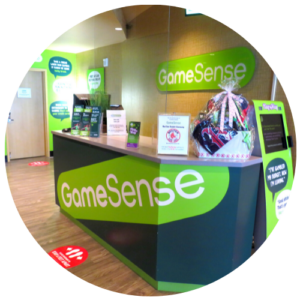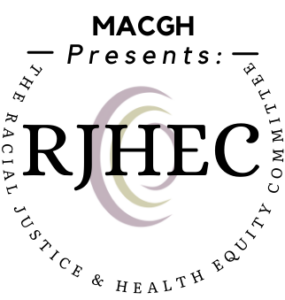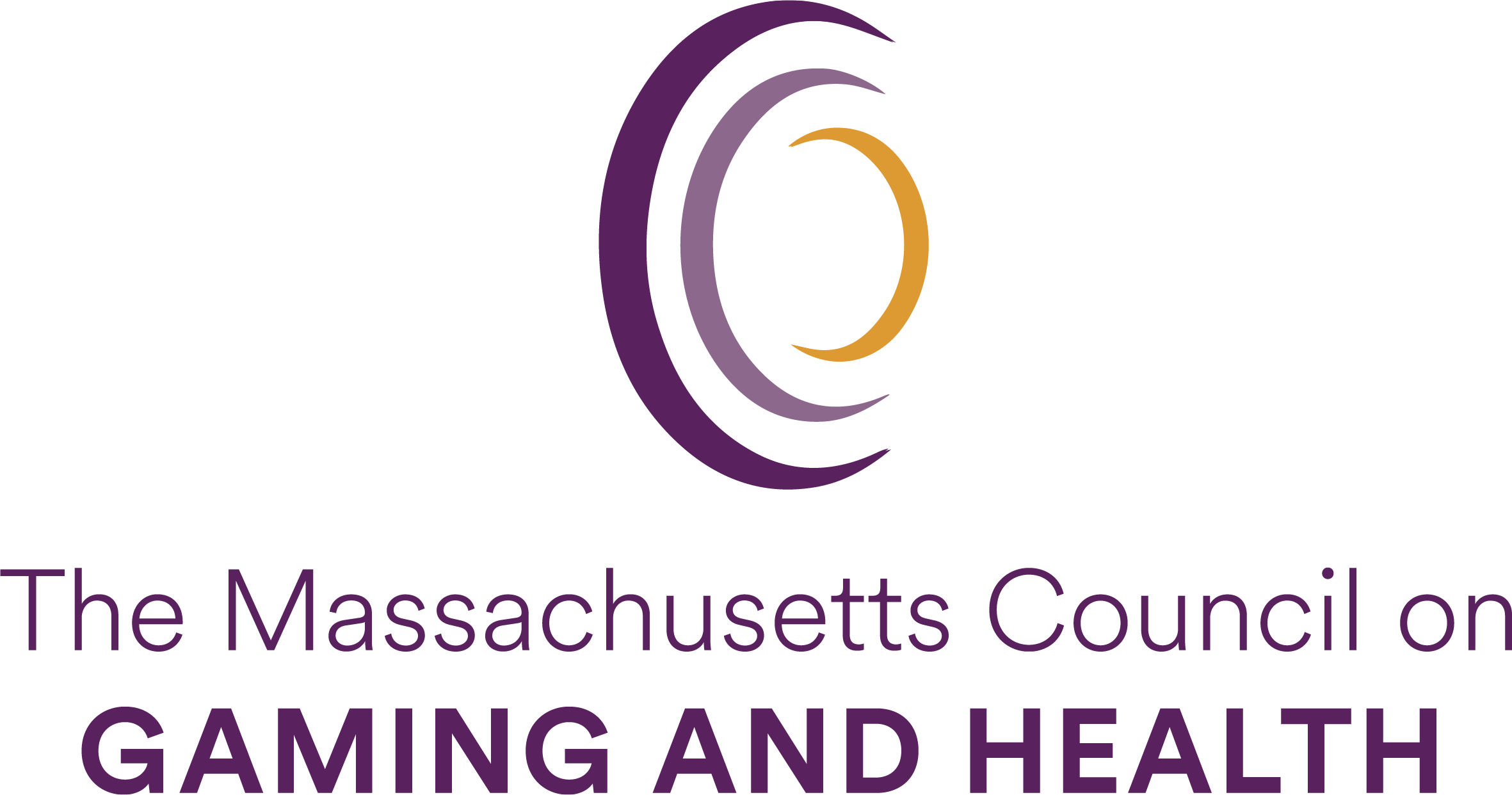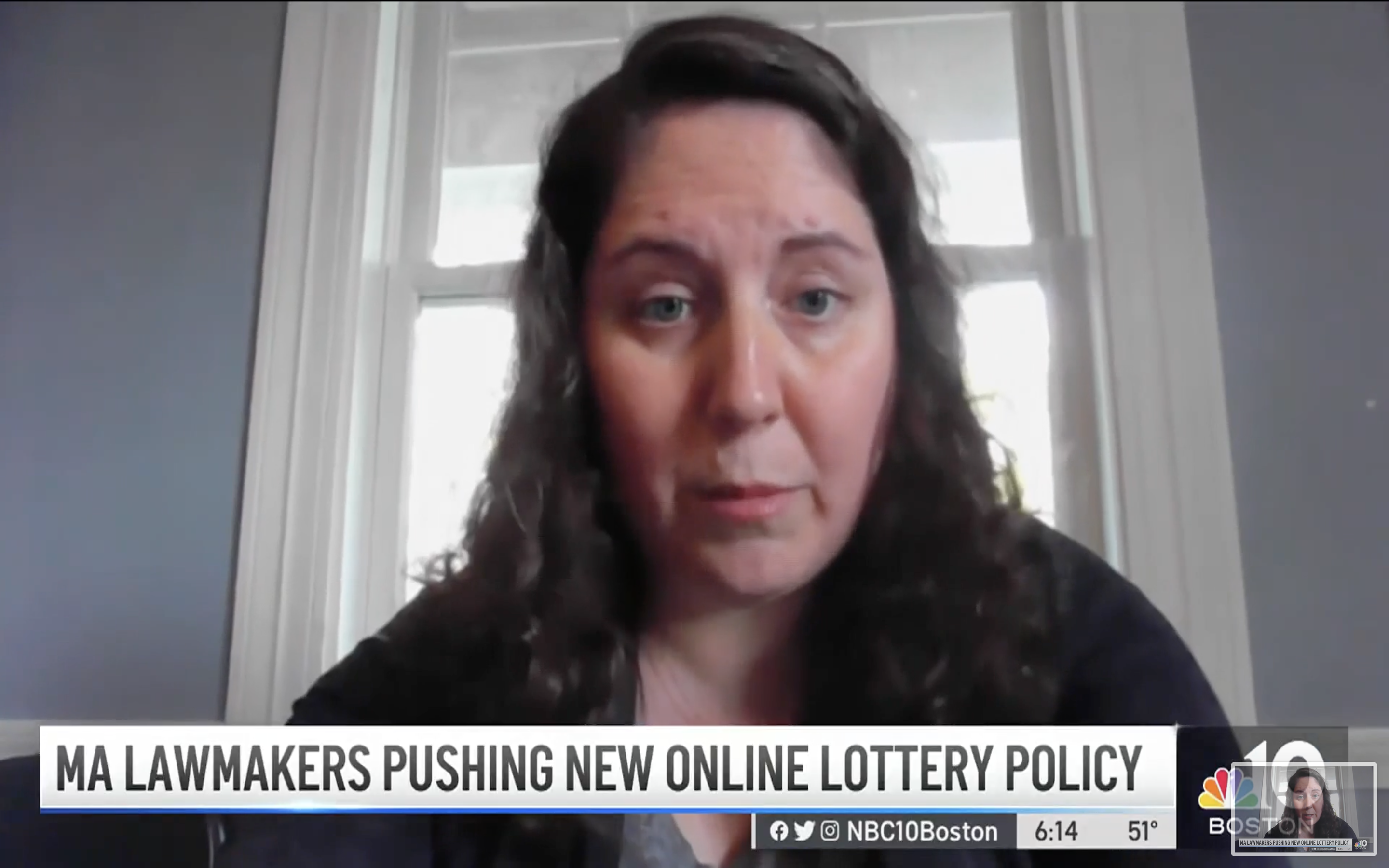[et_pb_section fb_built=”1″ _builder_version=”4.7.7″ min_height=”4171.6px” custom_margin=”0px||||false|false”][et_pb_row _builder_version=”4.7.7″ _module_preset=”default” min_height=”437.5px” custom_margin=”-55px||||false|false”][et_pb_column type=”4_4″ _builder_version=”4.7.4″ _module_preset=”default”][et_pb_divider _builder_version=”4.7.4″ _module_preset=”default”][/et_pb_divider][et_pb_text _builder_version=”4.9.7″ _module_preset=”default” custom_margin=”-20px||||false|false”]
- National Council on Problem Gambling Announces 2021 Board of Directors – The National Council on Problem Gambling (NCPG) recently announced its Board of Directors election results.
- MACGH Welcomes two New GameSense Advisors – The Massachusetts Council on Gaming and Health (MACGH) is excited to announce two new GameSense Advisors to our talented team!
- Toxic Consumption; Disordered Gamers and Compulsive Pornography Use -It will come as no surprise that gaming disorder is an addiction characterized by disconnection from the mundane – the brain plugged into a cyber world instead of the stimuli of the physical environment.
- Racial Justice and Health Equity Committee – The Massachusetts Council on Gaming and Health (MACGH) has a proud history of public health work and advocacy around gambling and gaming broadly.
- Upcoming Trainings– See our upcoming training opportunities HERE!
[/et_pb_text][et_pb_divider _builder_version=”4.7.4″ _module_preset=”default”][/et_pb_divider][/et_pb_column][/et_pb_row][et_pb_row _builder_version=”3.25″ background_size=”initial” background_position=”top_left” background_repeat=”repeat”][et_pb_column type=”4_4″ _builder_version=”3.25″ custom_padding=”|||” custom_padding__hover=”|||”][et_pb_text _builder_version=”4.9.7″ background_size=”initial” background_position=”top_left” background_repeat=”repeat”]
National Council on Problem Gambling Announces 2021 Board of Directors

Five people have been elected to serve from July 2021 to July 2024. NCPG’s. One of them is MACGH’s own, Phil Sherwood, who currently serves as the Director of Communications and Marketing.
The Board of Directors helps guide policies and implement strategies that achieve organizational goals. Board members use the entire scope of their skills and experience to serve all NCPG’s stakeholders. The mission of the NCPG is to lead state and national stakeholders in the development of comprehensive policy and programs for all those affected by problem gambling.
Like MACGH, NCPG is neither for nor against legalized gambling. NCPG is organized with three classes of members: state affiliate, corporate and individual. NCPG concentrates efforts on the national level, while the state affiliates work at the state and local level. Along with Sherwood, Jeff Derevensky, Karen Russo, Ted Hartwell, and Derek Longmeier also won their respective elections. Their leadership and expertise will be invaluable in setting the national agenda.
Sherwood brings 21 years of experience directing advocacy, government relations, and communication programs across New England. He has led more than 75 advocacy, electoral, public health, and responsible and problem gambling communication campaigns throughout the region. As Director of Communications and Marketing with the Massachusetts Council on Gaming and Health, he manages the public relations and communications efforts and recently led the organization through a major rebranding process.
The new Board offers a nice mix of incumbent directors who have helped grow and sustain NCPG’s reputation as a leading authority on problem and responsible gaming, and newly elected members who can help push the organization ahead in needed areas. I believe Sherwood will be one of those voices that help bring NCPG to new heights in the future.
Marlene Warner,
Executive Director, MACGH
MACGH Welcomes Two New GameSense Advisors
GameSense is an innovative and comprehensive responsible gaming strategy adopted by the Massachusetts Gaming Commission and managed by MACGH to help keep gambling fun and healthy for all players.
Ellen Lewis comes to us with 38 years of experience in the gaming industry, including management positions with Foxwoods Casino and a Gaming Agent with the Massachusetts Gaming Commission. We’re excited to have Ellen join her team, and we believe her temperament, deep understanding of gaming, and compassion make her a perfect fit for the GameSense program!
Vivian Xu has over 10 years of gaming and hospitality experience. She joins GameSense with an impressive background that includes everything from human resources to being an Asian Marketing Manager with Mohegan Sun Casino. In addition, Vivian is fluent in English, Mandarin, Cantonese, and other Chinese dialects. Vivian will be working primarily out of the GameSense Information Center (GSIC) located at Encore Boston Harbor, and Ellen will be based at MGM Springfield.
 The GSICs, located at Encore Boston Harbor, MGM Springfield, and Plainridge Park Casino, are on-site resources for casino guests to learn more about the games or take a break from play. GameSense Advisors are on hand every day, 24/7, to answer questions in-person or through LiveChat and to provide information about important topics, such as:
The GSICs, located at Encore Boston Harbor, MGM Springfield, and Plainridge Park Casino, are on-site resources for casino guests to learn more about the games or take a break from play. GameSense Advisors are on hand every day, 24/7, to answer questions in-person or through LiveChat and to provide information about important topics, such as:
- Knowing the odds of winning before playing
- Learning how slot machines work
- Getting suggestions for setting limits and spending
- Learning more about, or enrolling in, the Voluntary Self-Exclusion program
Please stop by our GSICs and say hello when visiting one of the three MA casinos. If you have a gambling-related question and can’t make it to a GSIC, you can always chat with us through LiveChat by visiting macgh.org or gamesensema.com.
Chelsea Turner,
Director of Responsible Gambling, MACGH
Toxic Consumption; Disordered Gamers and Compulsive Pornography Use
 Compulsive gamers spend excessive time spent in front of a screen, engaged in a virtual reality that offers the illusion of escape, affirmation, and achievement. This can create isolation, reduced satisfaction from in-person relationships, and impaired social functioning. This is particularly true when a gaming addiction develops in early adolescence, a time characterized by important biological, cognitive, and social changes. This is a developmental period when teens become more independent from their parents, spend more alone time with peers, and begin exploring romantic relationships and sexuality. Gaming disorder can threaten the healthy development of identity and skills that will serve them throughout their adulthood.
Compulsive gamers spend excessive time spent in front of a screen, engaged in a virtual reality that offers the illusion of escape, affirmation, and achievement. This can create isolation, reduced satisfaction from in-person relationships, and impaired social functioning. This is particularly true when a gaming addiction develops in early adolescence, a time characterized by important biological, cognitive, and social changes. This is a developmental period when teens become more independent from their parents, spend more alone time with peers, and begin exploring romantic relationships and sexuality. Gaming disorder can threaten the healthy development of identity and skills that will serve them throughout their adulthood.
A 2018 research study with more than 1200 US college students found that young adults who met the gaming disorder criteria showed increased symptoms of problematic internet pornography use compared to non-addicts. Like video gaming, the pornography industry is a multibillion-dollar industry working to increase demand offer appealing new products to its consumers. It’s projected that virtual reality (VR) porn should be a $1 billion business by the year 2025. That’s third behind an expected $1.4 billion virtual reality video game market and $1.23 billion VR NFL-related content.
This disruption of healthy sexuality among young people, predominantly young men, is of particular concern as porn addiction demands an escalating need for the amount and variety of pornography and is shown to reduces healthy intimacy with romantic partners. There is mounting evidence that compulsive pornography use changes sexual tastes in dangerous ways. As addicted individuals consume more extreme and dangerous sex acts, they gradually begin to feel that those behaviors are more common and acceptable than they really are. It is important for providers working to address gaming in their practice to screen for pornography addiction and treat it in conjunction as a co-morbid diagnosis. It is also important for parents of gamers to have age-appropriate conversations with their adolescent gamers about how the porn industry drives human trafficking and sexual violence as well as the havoc it can wreak on the consumer’s own brain.
Odessa Dwarika,
Director of Program Services, MACGH
Racial Justice and Health Equity Committee
 Effective public health work requires addressing the social determinants of health that lead individuals to struggle with gambling, gaming and other addictions. These social determinants include, but are not limited to: racial injustice, poverty, insecure immigration status, homophobia and unequal educational opportunities. Because MACGH is an agency focused on public health and welfare, it is incumbent upon us to acknowledge and address these social determinants and work towards eradicating all factors that contribute to a disproportionate prevalence gambling disorder in certain communities.
Effective public health work requires addressing the social determinants of health that lead individuals to struggle with gambling, gaming and other addictions. These social determinants include, but are not limited to: racial injustice, poverty, insecure immigration status, homophobia and unequal educational opportunities. Because MACGH is an agency focused on public health and welfare, it is incumbent upon us to acknowledge and address these social determinants and work towards eradicating all factors that contribute to a disproportionate prevalence gambling disorder in certain communities.
In 2019 we began work that would lead to the creation of the Racial Justice and Health Equity Committee (RJHEC). This Committee includes staff from all levels of the organization and meets regularly to address actionable items for Racial Justice and Health equity in the following three areas: Systemic/Societal/Institutional, Organizational Culture and Individual/interconnectedness. Our first priority was to build a shared language to discuss issues of racial justice and health equity across the organization.
To that end we hold bi-monthly trainings for all staff and share resources on a monthly basis. We also review all communication, training and programming to ensure that our work in every department reflects our understanding of racial justice and health equity as the key to creating healthy communities. By Fall of 2021, we plan to have an evaluation mechanism to measure the impact of the RJHEC efforts and to develop new initiatives that reflect these priorities. We will also provide helpful information, articles and personal stories in our newsletters to come. Stay Tuned!
[/et_pb_text][/et_pb_column][/et_pb_row][/et_pb_section]




